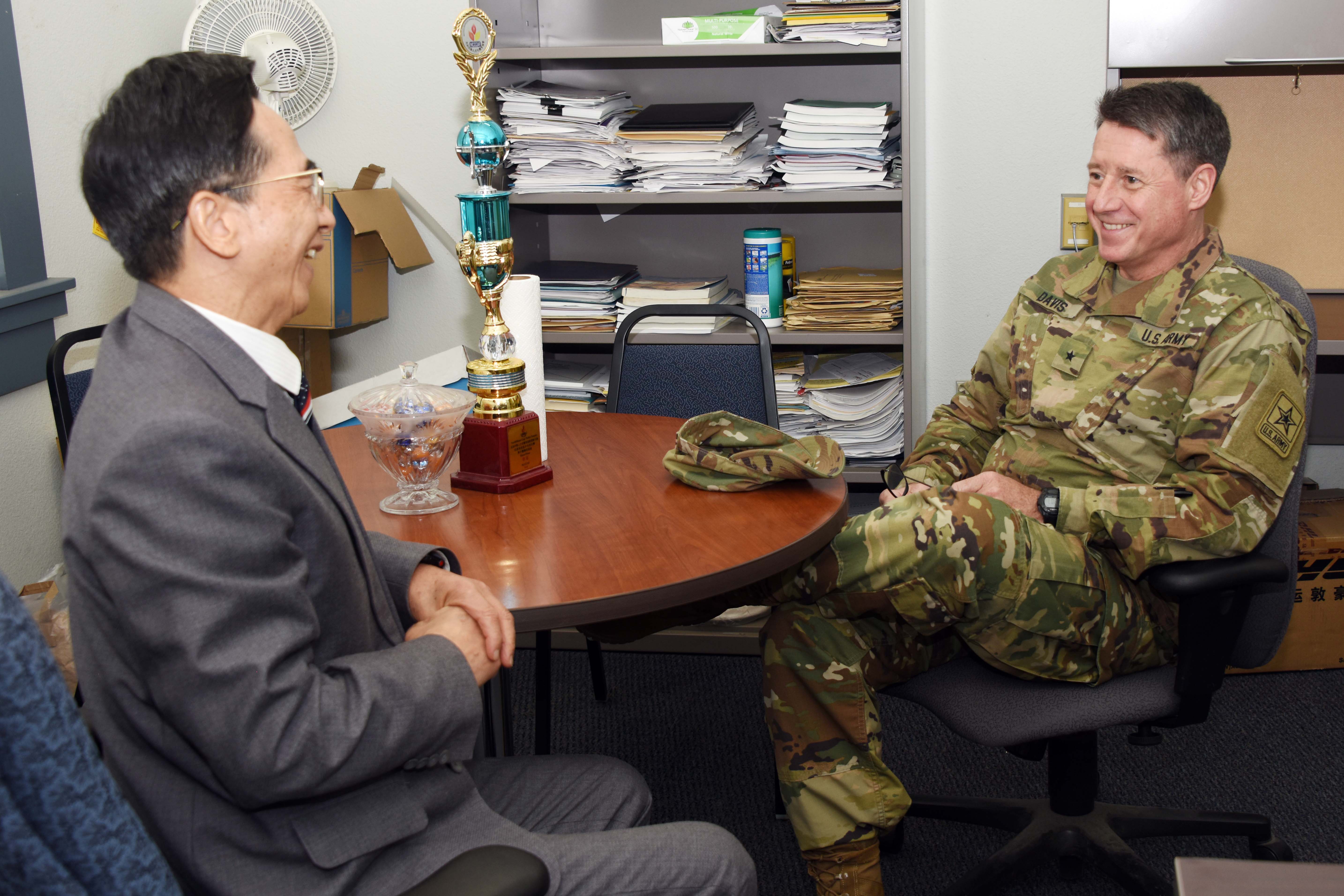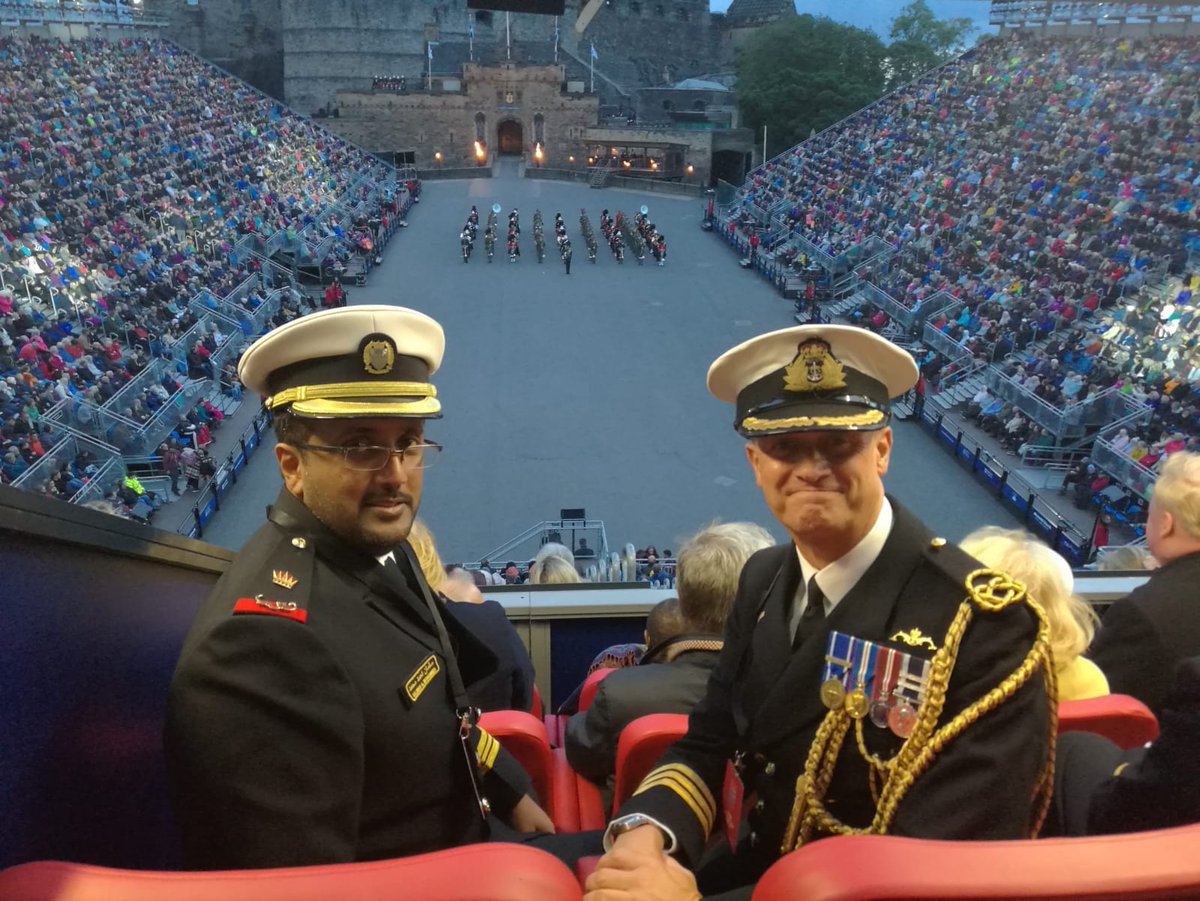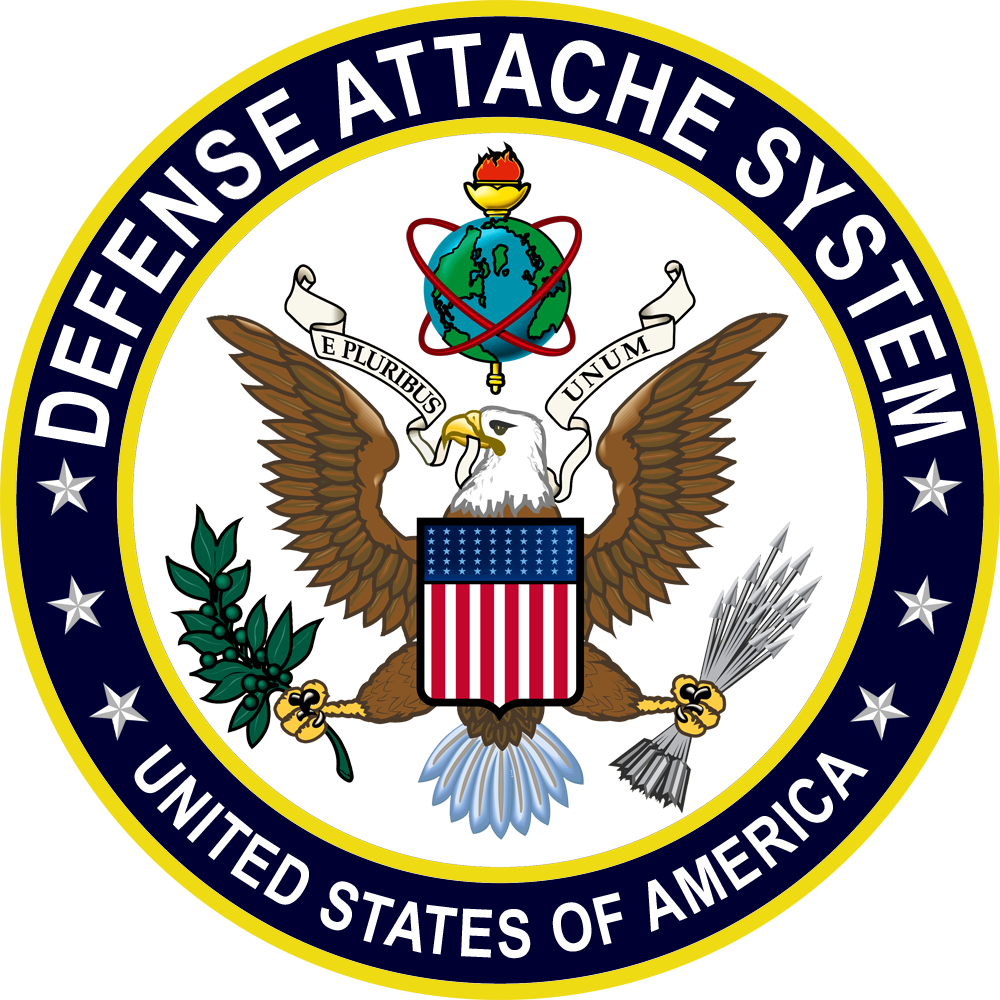Military Attache - In smaller overseas posts, the military attaché might be solely responsible for covering all aspects of the host country's military. In larger posts, however, there might be military attaches from each of the major U.S. service branches.
In such cases, while maintaining overall situational awareness of military affairs in the host country, each attaché is responsible for reporting and advising on developments within his specific branch. For example, a U.S. air attaché monitors and reports on the host country's air force, inventory of planes and missiles, condition of airfields, status of air defense systems and the country's senior air force officials
Military Attache

Being and U.S. military attaché in a foreign country involves a variety of representational, diplomatic, advisory and analysis duties. The military attaché both represents the United States military to the host country and serves as the primary observer and reporter on the host country's military back to military and political officials in the U.S.
Military Services
As a national security analyst for the U.S. government, Molly Thompson wrote extensively for classified USG publications. Thompson established and runs a strategic analysis company, is a professional genealogist and participates in numerous community organizations. Thompson holds degrees from Wellesley and Georgetown in psychology, political science and international relations.
A military attaché is a military expert who is attached to a diplomatic mission (an attaché). This post is normally filled by a high-ranking military officer who retains the commission while serving in an embassy. Opportunities sometimes arise for service in the field with military forces of another state.
The functions of a military attaché are illustrated by the American military attachés in Japan during the Russo-Japanese war years. A series of military officers had been assigned to the American diplomatic mission in Tokyo since 1901 when the U.S.
and Japan were co-operating closely in response to the Boxer Rebellion in China. The military attaché advised the United States Ambassador to Japan on military matters, acted as a liaison between the United States Army and the Imperial General Headquarters, and gathered and disseminated intelligence.

Advisory Duties
The military attaché's office in Tokyo usually had two assistants and a number of "language officers" who were assigned specifically to learn Japanese while attached to Imperial Japanese Army regiments as observers. These "language officers" translated training and technical manuals and reported on conditions in Japanese military units.[1]
In addition to representational duties, the military attaché plays a key role as an adviser to the ambassador and his staff. The military attaché is expected to maintain a complete and detailed knowledge and awareness of the host country's military.
This includes knowledge of the country's military capabilities, operations, training and readiness, and equipment. The attache is also the primary adviser to the ambassador on potential or actual changes in the host country's military leadership or strategies, particularly when these might affect relations with the United States.

Military attaches are the primary representatives of the United States military in the country to which they are assigned. As such, their responsibilities include participation in ceremonial functions and military events; meetings with military counterparts from both the host country and other countries;
Military Representative
hosting social gatherings for foreign military personnel; and oversight of the military and civilian personnel assigned to the embassy's attaché office. The military attache is typically assigned to the U.S. embassy, but also travels throughout the country and region to observe foreign military facilities and activities.
He also serves as the host for any U.S. military officials visiting the host country. During the Russo-Japanese War (1904-1905), military attachés from many Western military organizations served as observers with the land and naval forces of Russia and Japan.

The United States Army detailed eight officers to serve as military attachés with opposing forces in the field; and all served from the start of hostilities in 1904 through the signing of the peace protocols in September 1905.[2]
After the war, the reports of British officers attached to the Japanese forces in the field were combined and published in four volumes.[3] During this conflict, some attachés served primarily in Manchuria, and others served primarily in Tokyo.
Reporting Responsibilities
Some, like Italian naval officer Ernesto Burzagli saw service both at sea and in Tokyo. The security accreditation level of this site is UNCLASSIFIED and below. Do not process, store, or transmit any Personally Identifiable Information (PII), UNCLASSIFIED/FOUO or CLASSIFIED information on this system.

And the U.S. military attaché reports back to the Defense Department on a regular basis on events in the host country that might affect the U.S. military planning, operations or engagements. Of particular interest to the U.S.
military leaders are the host country's acquisition of new weapons systems, substantive changes in its military strategy or tactics, its arms deals with other countries and the views of influential host country military leaders regarding relations with the United States.
The military attaché also works with the embassy's economic and political officers to obtain the most current information on the host country's military budgets and expenditures. An early example was General Edward Stopford Claremont, the first British military attaché (at first described as "military commissioner"), who served in Paris for 25 years from 1856 to 1881. Although based in the embassy, he was attached to the French army
command during the Crimean War and later campaigns.
defense attache program, joint military attache school, us military attache, defense attache army, army defense attache program, defense attache office, attache army, list of defense attaches